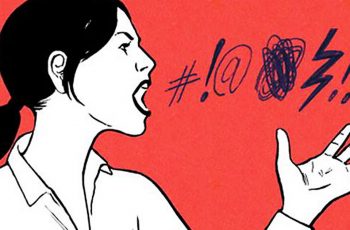
A recent scientific development has brought us one step closer to gender equality, at least as far as birth control is concerned.
While women have had their pick of several over the counter and prescription contraceptive options for decades, men have only had two options – condoms and vasectomies – until now.
Various reversible male birth control prototypes are currently undergoing clinical trials and according to results of a recent study presented by researchers at ENDO 2018, the Endocrine Society’s 100th annual meeting in Chicago, the male oral contraceptive dimethandrolone undecanoate (DMAU), has proven to be safe and effective when consumed regularly for one month.
“These promising results are unprecedented in the development of a prototype male pill,” Stephanie Page, professor of medicine at the University of Washington, said in a statement.
For the study, researchers administered DMAU (or a placebo) in doses of 100, 200, and 400 milligrams to eighty-three men aged 18 – 50 once a day for 28 days with food.
At 100 milligrams, the contraceptive was comparable to effective male contraception in long-term trials, Page said. At 400 milligrams, it produced “marked suppression” of testosterone levels and two other hormones necessary for sperm production.
HOW IT WORKS
The drug works by combining synthetic progesterone with the activity of a male hormone such as testosterone, as well as a long-chain fatty acid called undecanoate, which slows the breakdown of the testosterone so that it remains effective all day. This is in contrast to older editions that cleared the body too quickly, therefore, requiring at least two doses daily to make it an effective form of birth control.
SIDE EFFECTS
Unfortunately, all good things also have drawbacks and this contraceptive is no exception. Some volunteers exhibited mild signs of weight gain as well as a decrease in good cholesterol.
All participants were monitored closely and passed safety tests throughout the trial, including those suggestive of liver and kidney health, an obstacle previous attempts at male contraceptives failed to meet.
“Despite having low levels of circulating testosterone, very few subjects reported symptoms consistent with testosterone deficiency or excess,” Page said.
Until now, previous studies on male birth control were cut short due to side effects such as depression, changes in libido, and acne. All of which, as many females can attest, are well-known side effects of birth control.
With the initial tests out of the way, the next step is to see how effective DMAU is over time when taken on a continuing basis. According to Page, these longer-term studies are already in progress.
If you found this article helpful, please share with friends and family by clicking the button below.
Source: [1]




